Cameroon’s political landscape is entering uncharted territory as opposition candidate Issa Tchiroma Bakary has publicly claimed victory in the October 12 presidential election, urging long-time incumbent President Paul Biya to step down. The announcement has intensified political tensions in a country where Biya has dominated governance for more than four decades, and it raises questions about the nation’s democratic processes, stability, and the role of youth and civil society in shaping Cameroon’s future.
A Landmark Election
The 2025 presidential election in Cameroon is historic for several reasons. President Biya, who has held power since 1982, sought an unprecedented eighth term, continuing his long tenure as one of Africa’s longest-serving leaders. Despite criticism over entrenched corruption, economic stagnation, and limited political freedoms, Biya’s campaign relied on his extensive control over state institutions, security forces, and administrative structures.
However, this election saw a surge in organized opposition activity. Issa Tchiroma Bakary, a seasoned politician and former ally of Biya who later became a vocal critic, emerged as a leading challenger. Tchiroma successfully united several opposition parties, civic groups, and grassroots movements, forming a coalition that emphasized democratic reform, transparency, and accountability. His campaign resonated particularly with young voters, many of whom are frustrated by years of limited opportunities and lack of political representation.
Tchiroma’s Bold Declaration
From his hometown of Garoua, Tchiroma confidently declared, “The people have spoken, and their voice is clear. I have won this election.” He called on President Biya to respect the will of the electorate and allow a peaceful transition of power, stressing that the country is at a crossroads and must embrace a new chapter.
Tchiroma’s declaration is unprecedented in Cameroon’s modern political history, where incumbent leaders have rarely faced public challenges from prominent former allies. By publicly asserting victory, he has effectively shifted the political narrative and energized his supporters nationwide.
Government and Institutional Response
The Cameroonian government has yet to officially recognize Tchiroma’s claim. The Ministry of Territorial Administration, led by Paul Atanga Nji, emphasized that any unofficial announcements of election results could be considered “high treason” under national law. The ministry reiterated that the Constitutional Council, which is tasked with validating and announcing official results, will not release the official outcome until October 26.
Observers note that the government’s cautious approach reflects the high stakes involved. While there have been no reports of large-scale violence so far, the risk of clashes between pro-Biya and pro-Tchiroma supporters remains elevated. Security forces are reportedly on high alert in major cities, particularly in the capital, Yaoundé, and the northern regions where Tchiroma has strong support.
Role of International Observers
The international community is closely monitoring the situation. Both the European Union and the United Nations have called for calm and stressed the importance of respecting democratic norms. An EU spokesperson stated, “We are committed to supporting Cameroon in its journey towards a peaceful and democratic future. All parties must exercise restraint and uphold the integrity of the electoral process.”
Meanwhile, regional organizations, including the African Union and the Economic Community of Central African States, have urged dialogue between the government and opposition to prevent political unrest. Analysts note that international pressure could influence how both sides navigate this critical period.
Implications for Cameroon’s Future
Tchiroma’s declaration signals a potential turning point in Cameroon’s politics. Should he maintain momentum and gain broader recognition, the election could challenge decades of political continuity under Biya. It also represents a growing role for civic movements and youth activism, which have increasingly become influential in shaping political discourse across Africa.
However, the path forward remains uncertain. Without an official announcement from the Constitutional Council, tensions could escalate, and disputes over legitimacy may arise. Political analysts warn that Cameroon must navigate this period carefully to avoid potential unrest, maintain stability, and preserve democratic credibility.
The People’s Voice
At the heart of this unprecedented moment is the Cameroonian electorate, whose engagement has surpassed previous years. Citizens have turned out in record numbers, voicing demands for change, accountability, and reform. Tchiroma’s campaign, with its focus on transparency and civic participation, has tapped into widespread frustration with economic hardship, corruption, and limited political freedoms.
The election reflects a broader generational shift, with younger voters asserting influence and challenging entrenched power structures. Their activism, amplified by social media and grassroots networks, has given momentum to a movement demanding not just a new leader, but a new political culture in Cameroon.
Conclusion
Cameroon stands at a historic crossroads. The claim of victory by Issa Tchiroma Bakary has shaken the long-standing political order and created a window for potential change, but it also carries risks of political instability. The coming days, leading up to the official results, will test the resilience of Cameroon’s institutions, the commitment of leaders to democratic norms, and the capacity of the nation to embrace a peaceful transition if the electorate’s voice is recognized.
As the world watches, Cameroon’s 2025 election could become a defining moment—one that determines whether the country remains under the shadow of decades-long rule or steps into a new era of participatory democracy, driven by an engaged and determined populace.

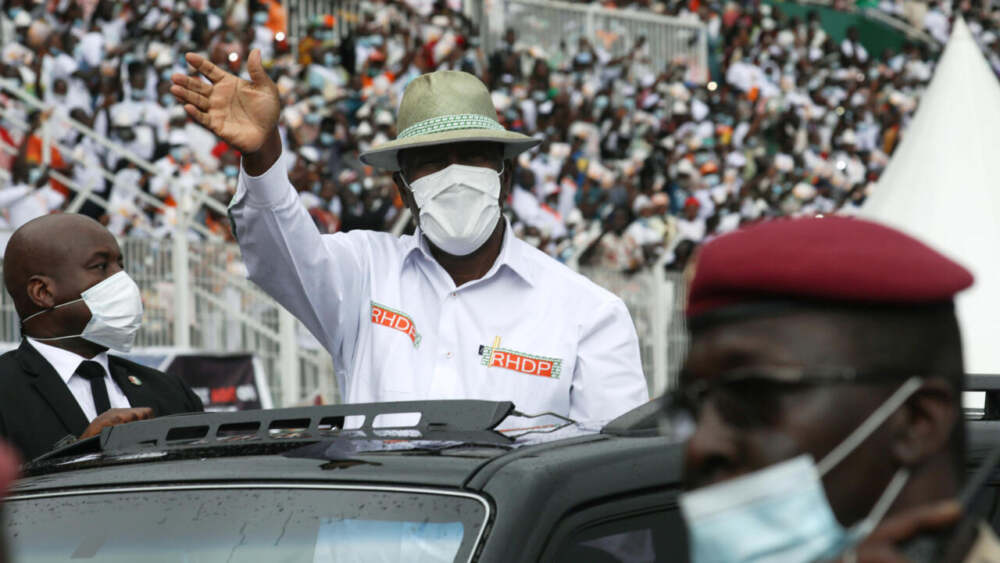
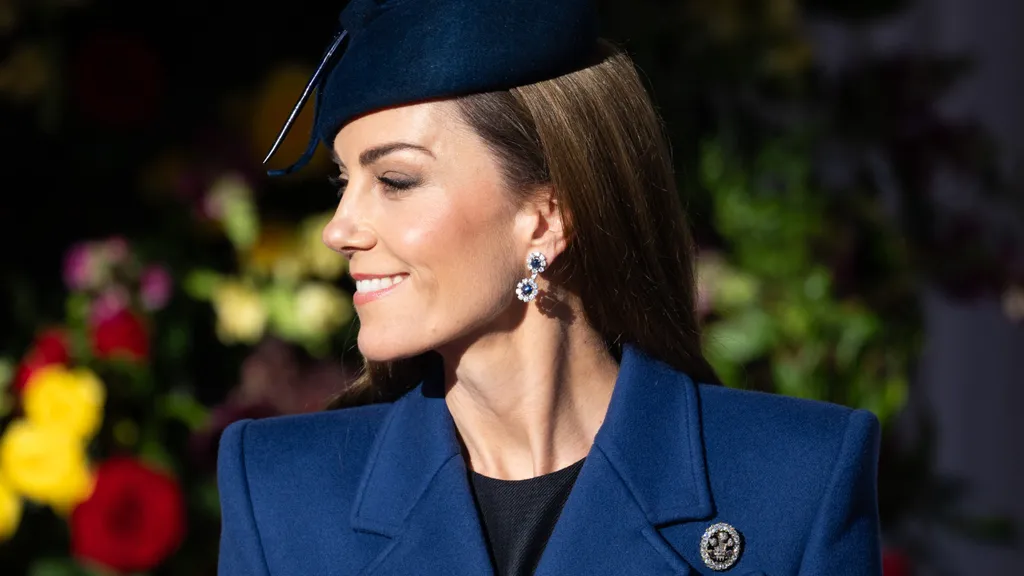
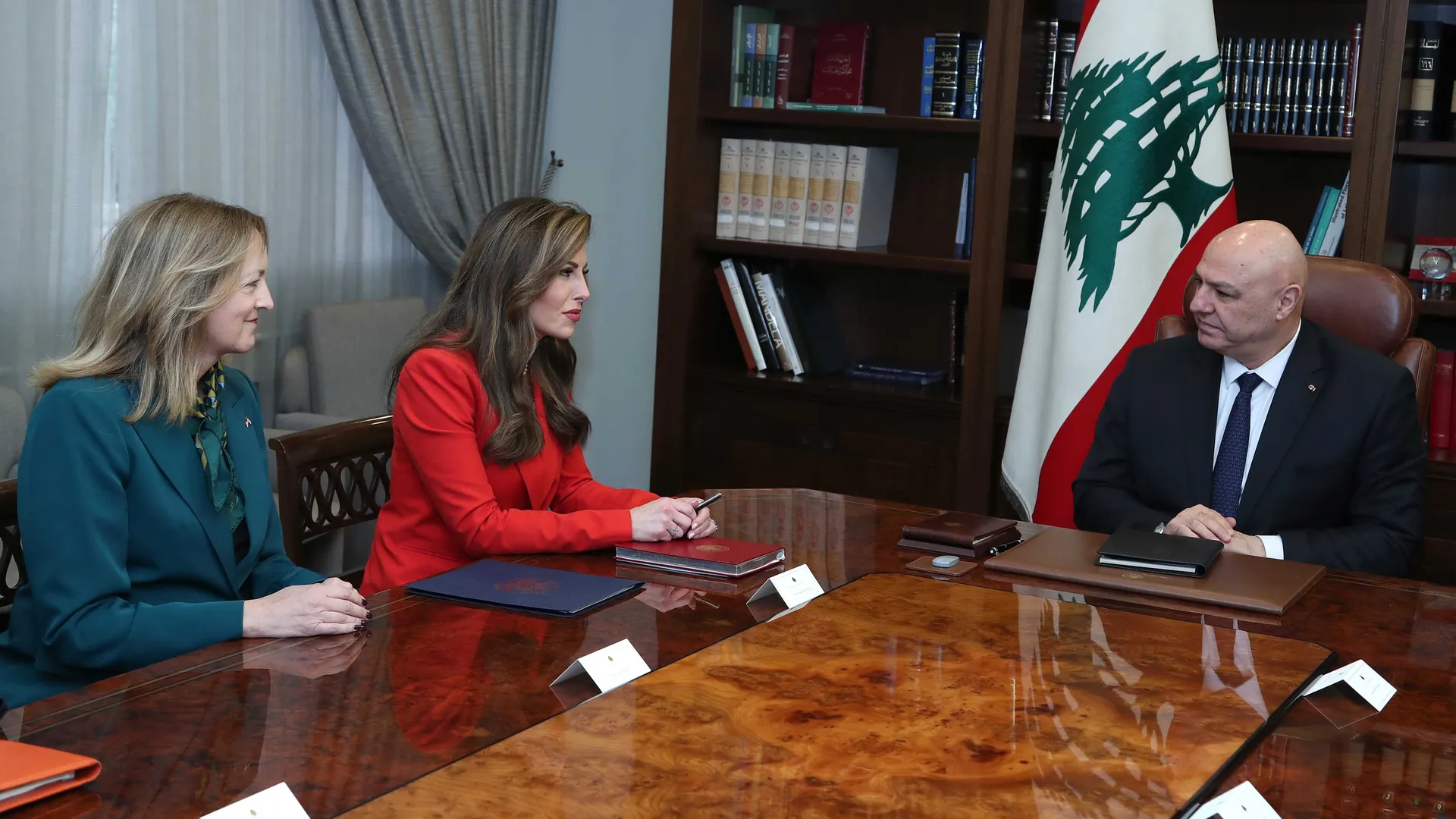

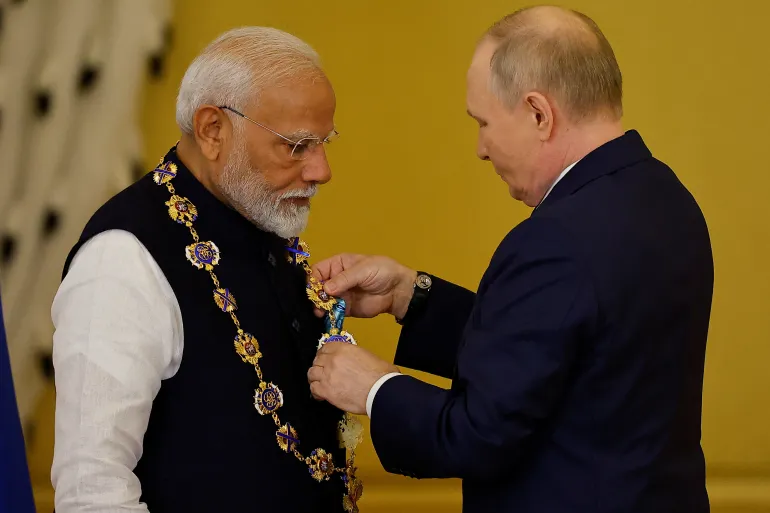
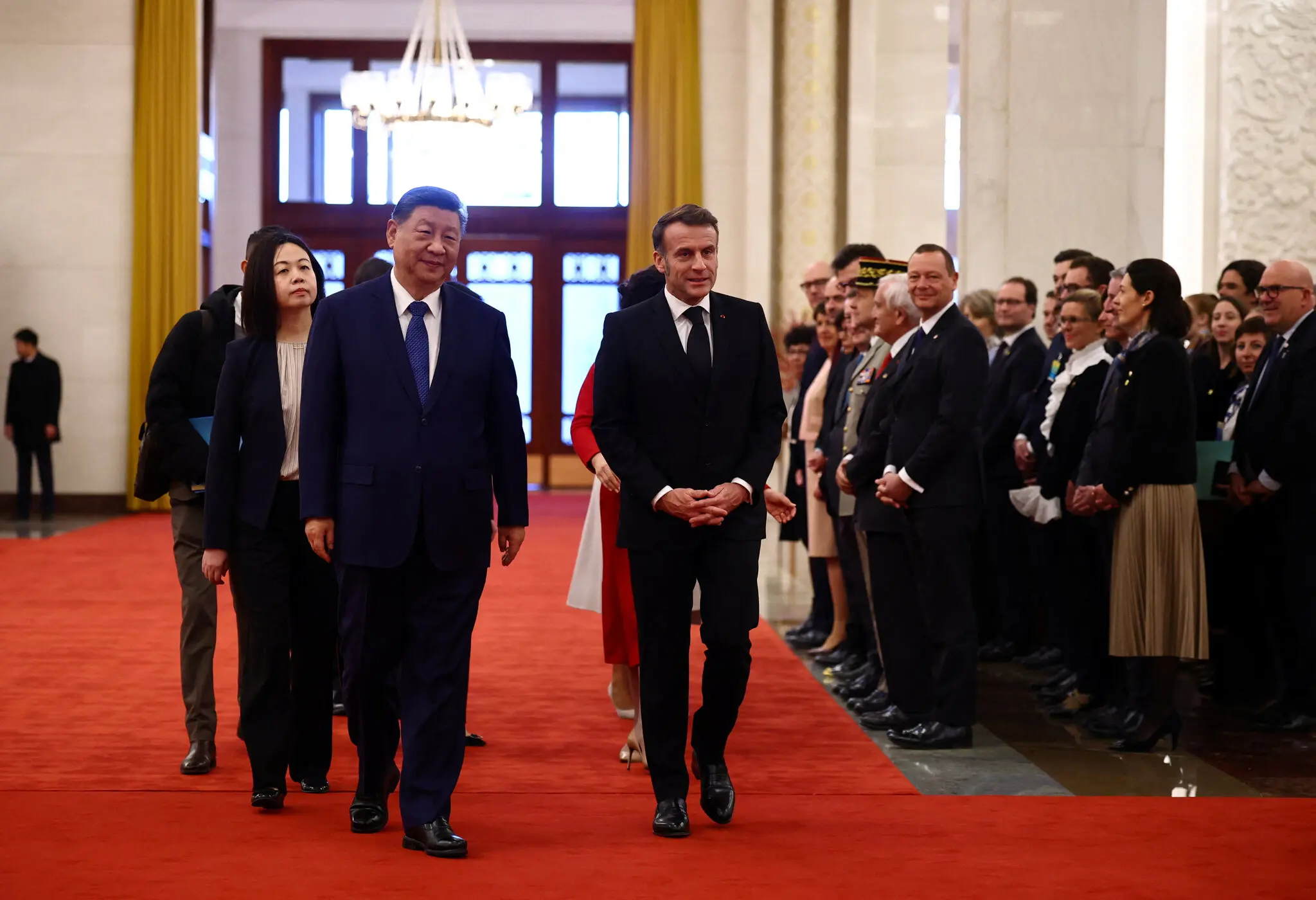

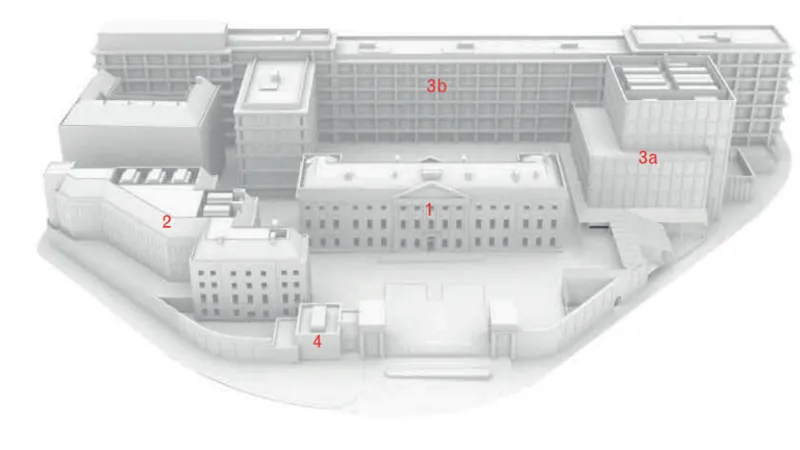



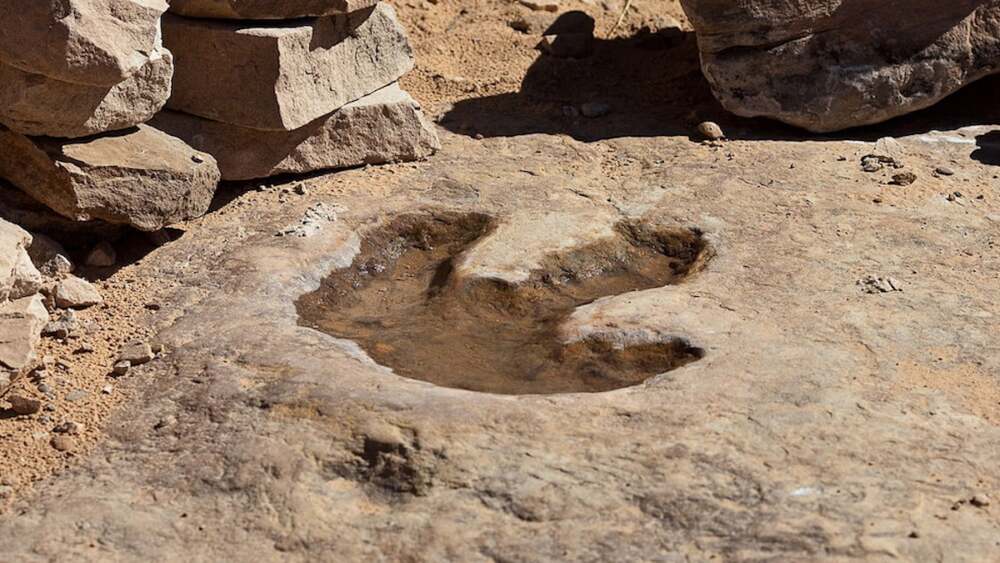



Leave a Reply